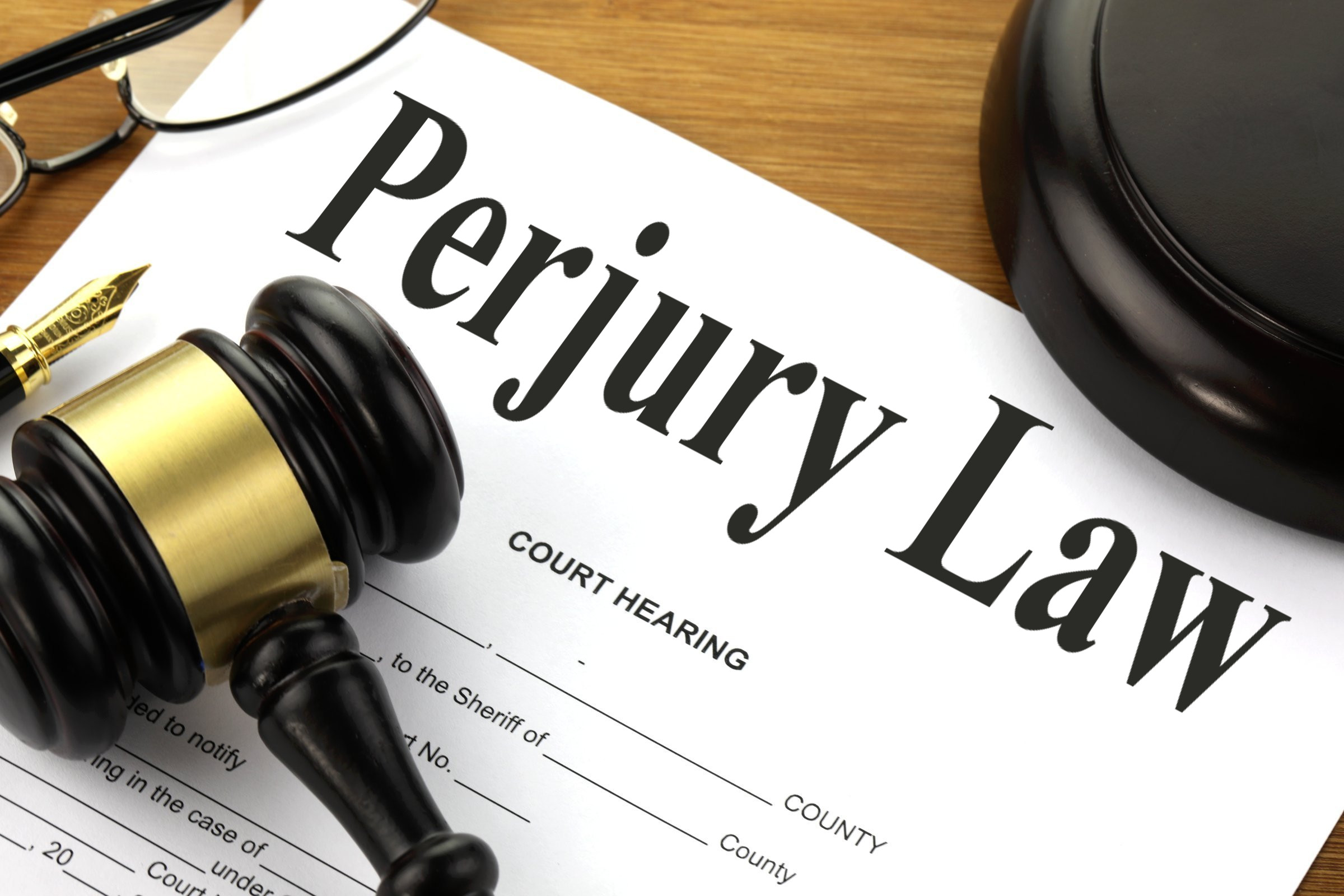
Apexfight
Add a review FollowOverview
-
Founded Date August 5, 1952
-
Posted Jobs 0
-
Viewed 5
Company Description
Law courts in Wales are an integral part of the UK’s justice system, yet they also reflect Wales’s growing legal identity within the devolved framework of the UK.
An important aspect of the Northern Ireland court system is its distinct jurisprudence, which has been shaped by its history and political landscape.
 It has a vital role in interpreting legislation and ensuring consistency in legal judgments across the region.
It has a vital role in interpreting legislation and ensuring consistency in legal judgments across the region.
Whether through slip hazards, poor infrastructure, or negligence in maintenance, these accidents can have serious legal and financial consequences.
This system is rooted in common law, but it is tailored to the region’s unique traditions and governance. This court reviews cases for legal errors and can overturn or affirm decisions from the lower courts.
No signage had been posted, and CCTV footage confirmed the lack of warning.
To sum up, law court accidents in the UK are a persistent issue that deserves more attention. However, the majority of the UK’s court buildings remain older, and many are in need of refurbishment or full redevelopment. While courts are primarily places of law and order, they are also physical spaces that must adhere to health and safety standards like any other public facility.
As soon as certified, all solicitors have to do 16 hours continuing skilled development per year, and won’t be given their practice certificates unless they have finished this. Appeals from the High Court and Crown Court are taken to the Court of Appeal in Northern Ireland.
These groups support the idea of legal plurality and better recognition of the unique legal culture developing in Wales.
Legal firms specializing in workplace injury or public liability often monitor these developments closely. County Courts handle civil matters such as personal injury claims, and they also oversee family law and small claims.
The Crown Court in Northern Ireland hears major criminal trials, including offences such as assault, robbery, drug trafficking, and murder.
The incident resulted in a serious back injury, and the injured party later pursued a personal injury claim against the Ministry of Justice. Improved lighting, anti-slip flooring, CCTV monitoring, and barrier-free layouts contribute to safer environments.
As well as all solicitors pay into a compensation fund to cover those few conditions, which aren’t coated by the professional indemnity insurance coverage.
These divisions handle everything from judicial review and commercial disputes to family breakdowns and probate. One notable case occurred in London, where a solicitor slipped on a wet floor in a courthouse lobby. Crown Court trials are typically overseen by a judge and may include a jury of 12 members. The process follows strict legal procedures to ensure fairness and justice.
This trend reflects the growing complexity of a shared legal system that is simultaneously diverging in practice.
As more cases reach civil courts, precedents are being established that define the extent of liability government institutions bear for injuries occurring on their premises.
The case highlighted that even government premises are subject to the same health and safety laws as private businesses.
When you loved this information in addition to you would want to obtain more information relating to marketing services kindly go to our website. Professional organisations like the Law Society Wales and the Bar Council’s Wales and Chester Circuit promote Welsh legal interests and advocate for greater representation of Wales in the wider UK legal dialogue.
To summarise, the judicial system of Northern Ireland represent a well-established and dynamic part of the UK’s justice framework. In civil matters, the High Court of Justice in Northern Ireland has jurisdiction over complex and high-value cases.
Whether handling criminal prosecutions, civil claims, or family matters, the courts of Northern Ireland remain vital to upholding justice, safeguarding rights, and maintaining the rule of law for all its citizens.
With ongoing reforms, the legal system must balance tradition with modernisation, autonomy with integration, and independence with cooperation. In some newer courts, modern design has helped reduce risks. While closely tied to the broader UK legal system, Northern Ireland’s courts maintain their own procedures, legislation, and judicial oversight, reflecting the region’s unique identity.
It is made up of three divisions: the Queen’s Bench Division, the Chancery Division, and the Family Division.
Although Northern Ireland is part of the UK, it maintains its autonomous legal structure, separate from those of England and Wales and Scotland.
While it shares many similarities with other UK legal systems, certain laws and court procedures are unique to Northern Ireland.
All solicitors companies must acquire skilled indemnity insurance and aren’t allowed to proceed in apply without it.
More serious cases or those involving higher financial stakes may be escalated to the High Court or the Crown Court depending on whether they are civil or criminal in nature. While appeals from Welsh courts still go to the UK Supreme Court, that court has increasingly had to consider Welsh legislation in its rulings.
In many instances, these rulings reinforce that public buildings must adhere to the same safety protocols as commercial entities.
